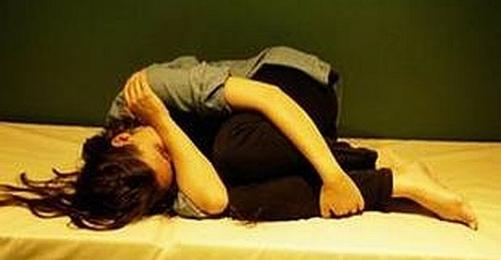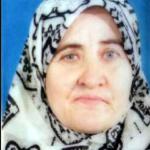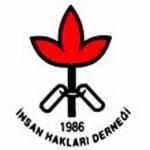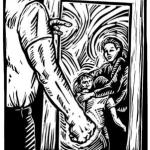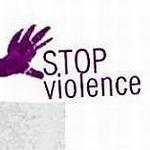On 8 March, the International Women's Day, the Turkish Medical Association and the Turkish Psychiatry Association released statements to draw attention to an increase of violence against women on a global scale. The associations also proposed ways to effectively tackle this problem.
The Turkish Medical Association Women Doctors and Women's Health Branch indicated that violence against women in Turkey increased on the grounds of social insecurity caused by capitalism, male domination and the destruction of the social state. Other reasons for the increase of violence were a failing of the state to protect women and the impassiveness of the media regarding the whole topic.
The women's branch announced, "Apart from intensifying the struggle and strengthening solidarity, only very few tiny things have changed for women since the witch-hunting era in the middle ages. Migration and poverty becomes more and more an issue for women. Men dominate women and usurp and control their identity and body. This domination provides them with concrete, tangible benefits".
"Statistics suggest that women murders have increased by 1,400 percent in the last seven years. At least five women are killed every day by men by reasons of honour, virtue or morality. On 8 March this year we are demonstrating once more for our labour, our bodies, our identities and our freedoms".
Prof. Şahika Yüksel and Assoc. Prof. Ayşe Devrim Başterzi announced data compiled by the Ministry of Justice. Accordingly, 66 women were killed in 2002 and 1,077 in 2007. Unofficial numbers indicate that the number of women murders rose to 1126 in 2009. Yüksel and Başterzi voiced the following proposals and demands:
* A serious and comprehensive action plan should be worked out that guarantees the women's right to life. All the necessary steps have to be taken and de facto implemented in daily life.
* The struggle against violence against women is a matter of public health. Therefore, policies should provide social gender equality and social support for women should be increased in order counteract this problem.
* The application of "mitigation of punishment because of unjust provocation" for cases related to violence against women must be lifted. Article 29 of the Turkish Criminal Law (TCK) ("unjust provocation") should not be applied.
* Women who were exposed to violence or death threats should be able to benefit from the entire range of legal rights.
* The effects of gender roles for both men and women on the frequency of mental diseases and the problems created by them should be supported by large scale epidemoilogical studies.
* Internal training programs related to violence against women should be organized for employees of the health sector and police forces who should be encouraged to participate.
* When making news about violence against women and rape, the media should use a correct language and abide by ethic values. The violence involved in rape cases should not be pushed to the background and the media has to refrain from an attitude that shows rape with an erotic connotation.
* All sorts of regulations related to women should be done after consultation with women and women organizations. Demands by non-governmental organizations should be met and their work should be supported. (EG/EÖ/VK)




